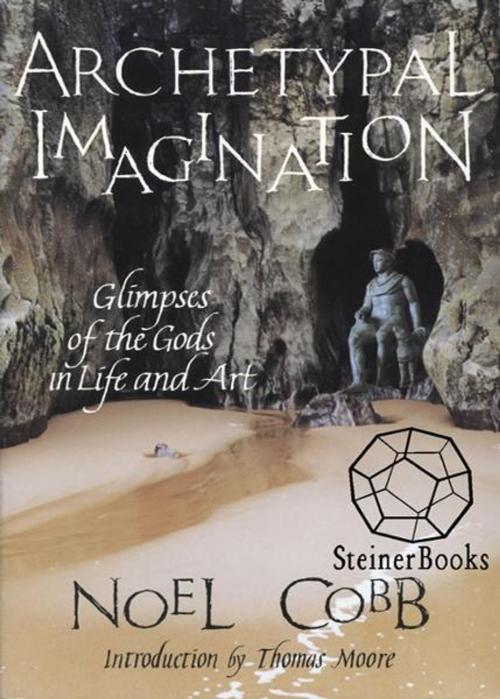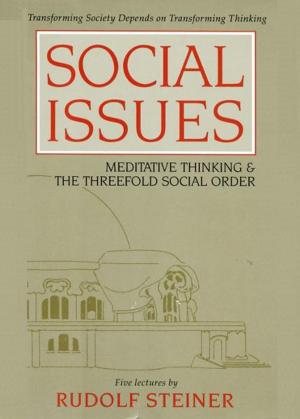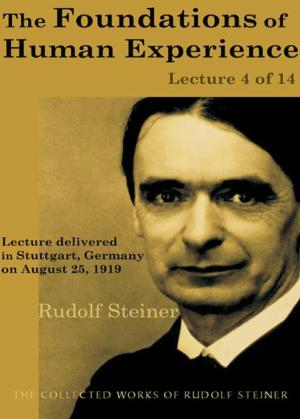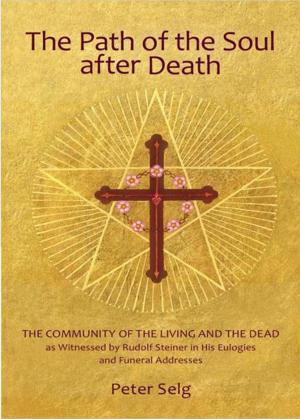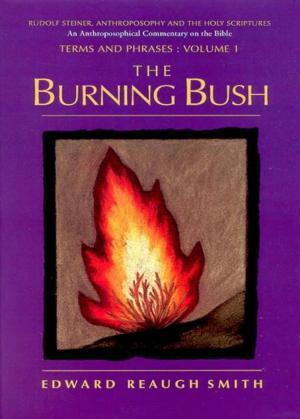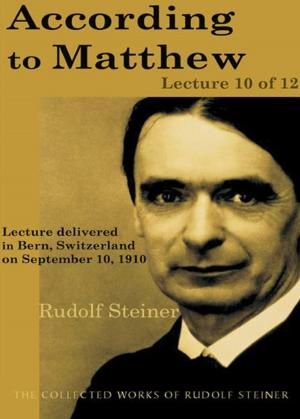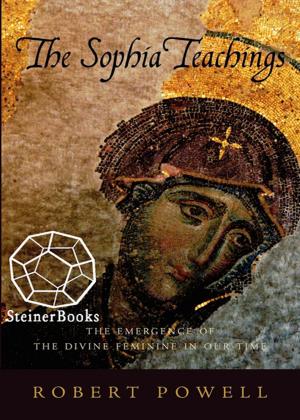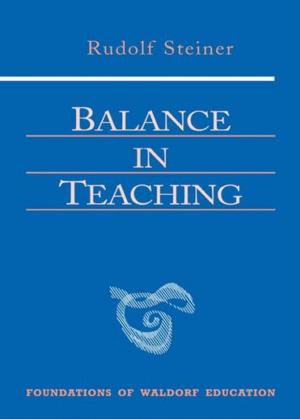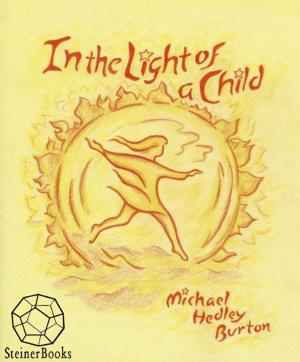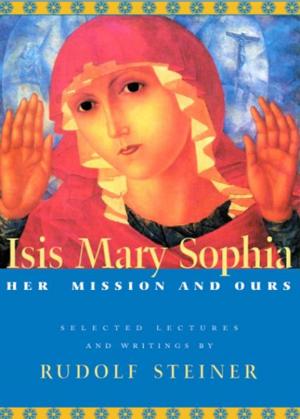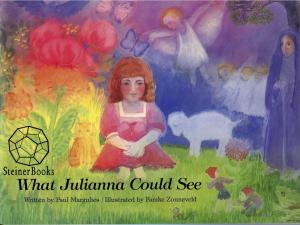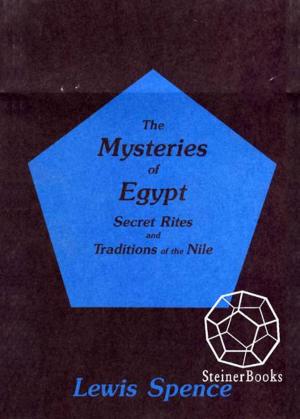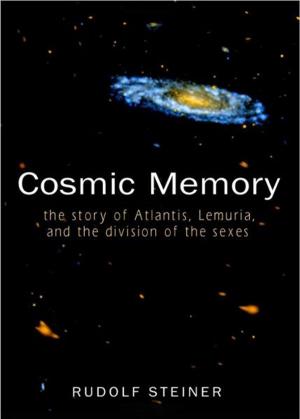Archetypal Imagination: Glimpses of the Gods in Life and Art
Nonfiction, Health & Well Being, Psychology, Psychoanalysis| Author: | Noel Cobb, Thomas Moore | ISBN: | 9781584205166 |
| Publisher: | Steinerbooks | Publication: | June 1, 1992 |
| Imprint: | Lindisfarne Books | Language: | English |
| Author: | Noel Cobb, Thomas Moore |
| ISBN: | 9781584205166 |
| Publisher: | Steinerbooks |
| Publication: | June 1, 1992 |
| Imprint: | Lindisfarne Books |
| Language: | English |
This unique book is about freeing psychology's poetic imagination from the dead weight of unconscious assumptions about the soul. Whether we think of the soul scientifically or medically, behaviorally or in terms of inner development, all of us are used to thinking of it in an individual context, as something personal. In this book, however, we are asked to consider psychology from a truly transpersonal perspective as a cultural, universal-human phenomenon. Cobb teaches us to look at the world as a record of the soul's struggles to awaken and as the soul's poetry. From this perspective, the real basis of the mind is poetic. Beauty, love, and creativity are as much instincts of the soul as sexuality or hunger. Cobb shows us how artists and mystics can teach us the meaning of love, death, and beauty, if only we can awaken to their creations. The exemplars here are Dante, Rumi, Rilke, Munch, Lorca, Schumann, and Tarkovsky.
This unique book is about freeing psychology's poetic imagination from the dead weight of unconscious assumptions about the soul. Whether we think of the soul scientifically or medically, behaviorally or in terms of inner development, all of us are used to thinking of it in an individual context, as something personal. In this book, however, we are asked to consider psychology from a truly transpersonal perspective as a cultural, universal-human phenomenon. Cobb teaches us to look at the world as a record of the soul's struggles to awaken and as the soul's poetry. From this perspective, the real basis of the mind is poetic. Beauty, love, and creativity are as much instincts of the soul as sexuality or hunger. Cobb shows us how artists and mystics can teach us the meaning of love, death, and beauty, if only we can awaken to their creations. The exemplars here are Dante, Rumi, Rilke, Munch, Lorca, Schumann, and Tarkovsky.
